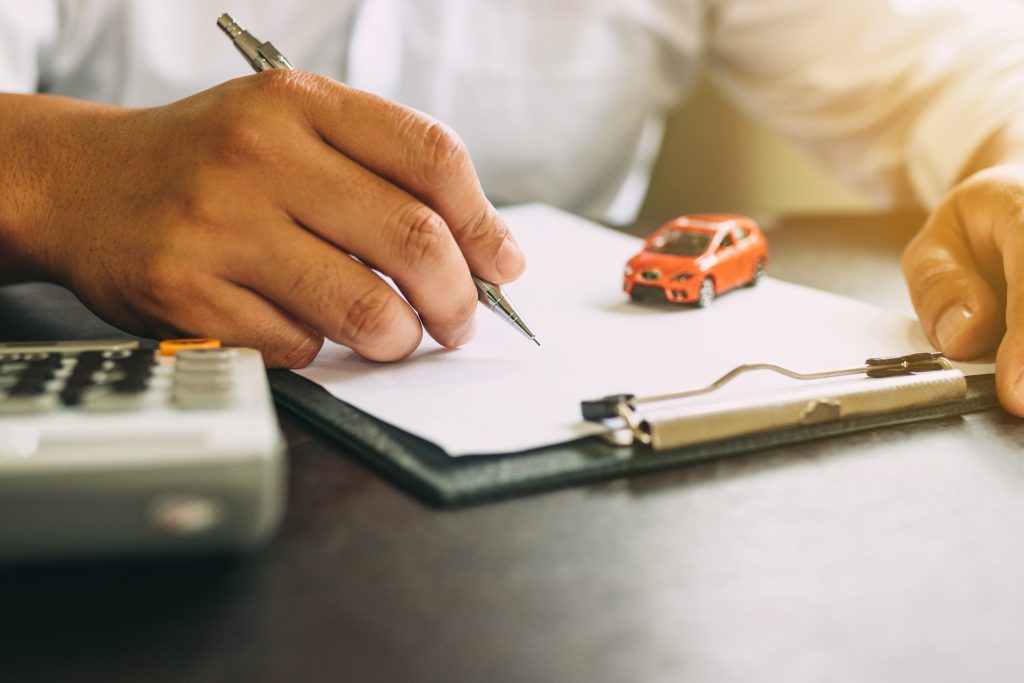If you’re thinking of buying a car, do you really know what you’re getting yourself into? Before you make the final choice as to which model to purchase, it’s expected that you’ll already have done a rigorous research to arrive at the right choice. After all, buying a car isn’t just about any other purchase you make randomly. It’s one of the most expensive assets that you’ll ever own, probably next to your home.
So, before you sign that deed of sale, you must know some important things. One’s financial responsibility when purchasing a car doesn’t merely end upon the full payment of the purchase price. After that, there’s a never-ending circle of payables that you’ll have to make, which are all incidental to car ownership.
What are these different costs of owning a car? You’ll find out below.

- Monthly Payments
One of the most inherent costs of car ownership is the monthly payments. This is, of course, because you didn’t pay for your car in full right when you purchased it.
For most buyers, the common practice is to put in the required down payment to bring the car home. The buyer will pay the remaining amount through a monthly auto loan, with additional interest by the bank or any financial institution.
Today, buying cars has become even easier than before. Down payment terms are so flexible, and so are the monthly amortization amounts. But, before you get overly excited about this, always make that computation whether the monthly amortizations is an amount that you can afford to pay for the next three to five years, without hurting your monthly budget.
An excellent way to stay within budget is to ensure that your mortgage payments, both for your car and your home, will never go beyond 20% to 30% of your monthly budget.
- Fuel Expense
Another obvious expense that comes along car ownership is the fuel expense. First, you must determine the car you want to buy runs on diesel or gas. Generally, diesel would be the more economical choice.
Make your computation, too, as to how you’re going to use the car regularly. What’s the distance that it would cover, as you go about your daily activities in a month. For instance, work, school, the supermarket, and whatnot. That way, you can determine whether the fuel expense is also one that you can afford to sustain.
Because fuel prices are continually rising, it’s crucial that you know for sure it’s one that you can fit within your budget.
- Car Maintenance
If your car has some issues or you just want to get it examined, it must be brought back to the shop for proper maintenance. Depending on how far and how often you use the vehicle, you need to go for car maintenance at least once every six months.
If you buy a new car, you may be cleared for some time, as this comes with a warranty. But, for an old car, it’s a cost that you’re going to have to deal with right away. For example, if you buy a used car that has been modified and there are carbon deposits and sludge forming, you’ll want to get an oil catch can for the car to reduce the amount of maintenance you’ll need to do on the vehicle.
As you discuss the features of the car with the sales representatives, don’t forget to ask about the average cost of maintaining your vehicle. Some vehicles are naturally more costly to maintain than others.
Along this line, too, it would be very prudent of you to have an overall idea as to the average cost of repairs, should your car need one. Again, this price depends on your car’s brand, model, and even the availability of the parts involved. While you’re at it, you’ll also have to check whether these repairs are covered by your car insurance. Since your car insurance is another expense that you’ll have to pay annually, you’ll need to make the best decision possible, depending on the price and coverage. You can start by comparing rates on Complete Car, and other related sites.
- Toll and Parking Fees
This applies to you if you live on the outskirts or in the neighboring towns. Depending on your residence, you may have to pass through the toll gates at least twice in a day to get to and from your home to work.
Toll and parking fees can add up may hurt your monthly budget. Unfortunately, this is also one of the most neglected expenses that car owners forget to consider. Note that the bigger or heavier your car, the higher the toll fee as well.
It’s best to make that average computation of toll and parking fees, as you make your household’s monthly budget.
Takeaway
Buying a car will undoubtedly be one of your financial goals, at some point in your life. Whether you’re still single or have a family, depending on your residency, a car may even be considered a need. However, owning a car is expensive. Therefore, when you make that decision to purchase a car, do factor in the costs of ownership, as enumerated above. That way, you’ll know for sure if you are ready to buy and sustain the budget for your car.
